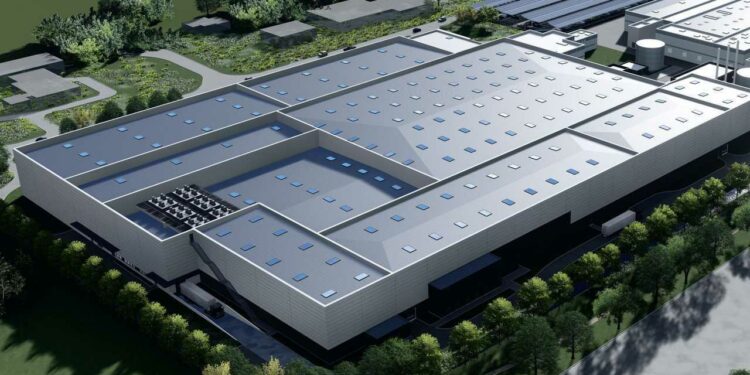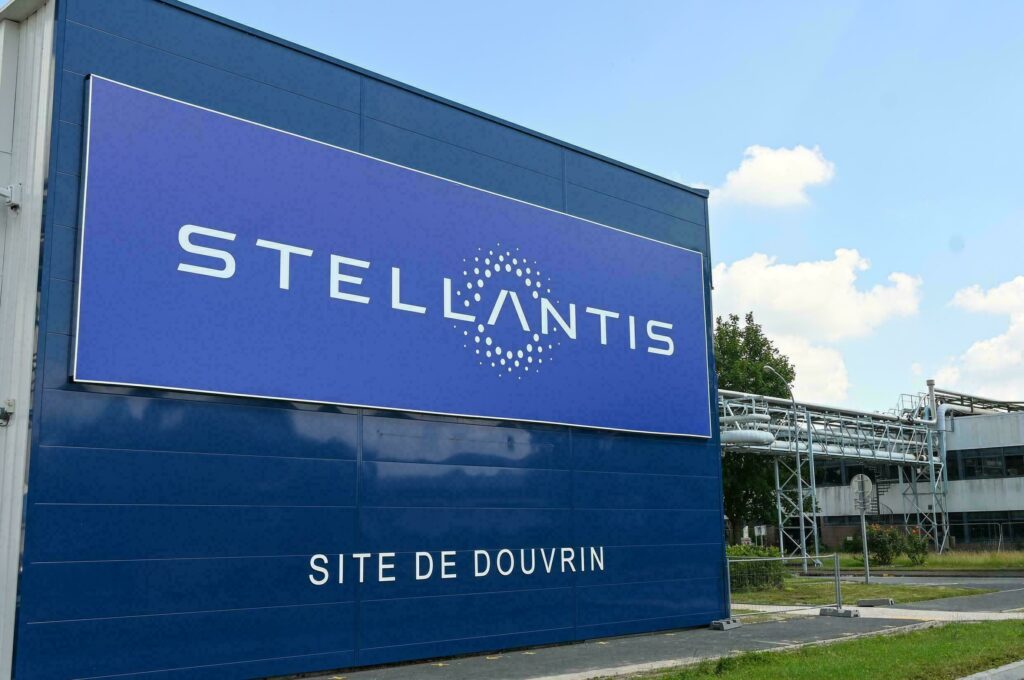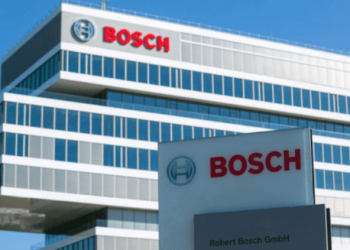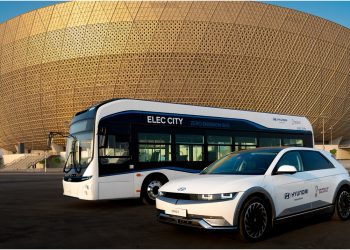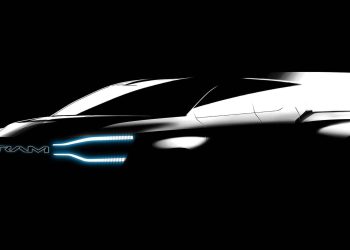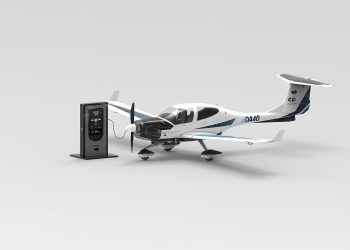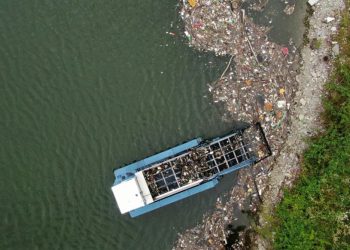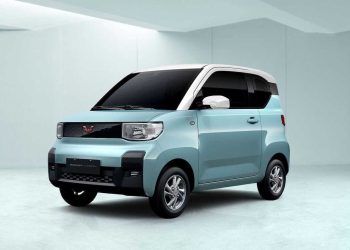In order to curb China’s dependence on battery markets, Stellantis, TotalEnergies and Mercedes-Benz have signed a historic partnership to form the Automotive Cells Company (ACC) block.
The addition of the German manufacturer to this group will increase industrial capacity to at least 120 GWh per year by 2030. This would mean that by the end of the decade, ACC will have enough installed generation to deliver around 2 million 60 kWh packs each year.
The alliance will develop and produce battery cells and modules for electric vehicles, with a focus on safety, performance and competitiveness, while ensuring a high level of quality and a lower carbon footprint.
Vision and Contributions
The updated capacity plan calls for an investment of more than seven billion euros, to be supported by grants and financed by equity and debt issuance. The creation of this European battery leader will help the EU to meet challenges for the energy transition regarding mobility by ensuring the supply of a key component for the electric car industry.
Mercedes-Benz will provide research and development expertise, as well as financially supporting the expansion of dedicated ACC production facilities. This will be combined with the cutting-edge technology of the Stellantis Group and the battery development know-how of TotalEnergies through its subsidiary Saft. Through this corporate trio, the consortium aims to be a leading manufacturer of batteries for electric cars.
Read also: Ford Partners with Redwood Materials to Set Up a Battery Recycling Program
“Having Mercedes-Benz joining us as a shareholder is an important milestone for ACC,” said Yann Vincent, CEO of ACC. “It reinforces our ambitious growth plans,” he added.
For his part, Ola Källenius, CEO of Daimler, assured that this agreement will allow to take advantage of economies of scale and offer customers superior technology.
Likewise, Carlos Tavares, CEO of Stellantis, welcomed Mercedes-Benz as a partner, noting that it is the next step in the plan to be at the forefront of the industry.
This alliance represents an important leap that seeks to pull Europe out of the current low numbers in terms of battery production, dominated by more than 80% by Chinese, Korean and Japanese companies.
Written by I Jhonattan González



